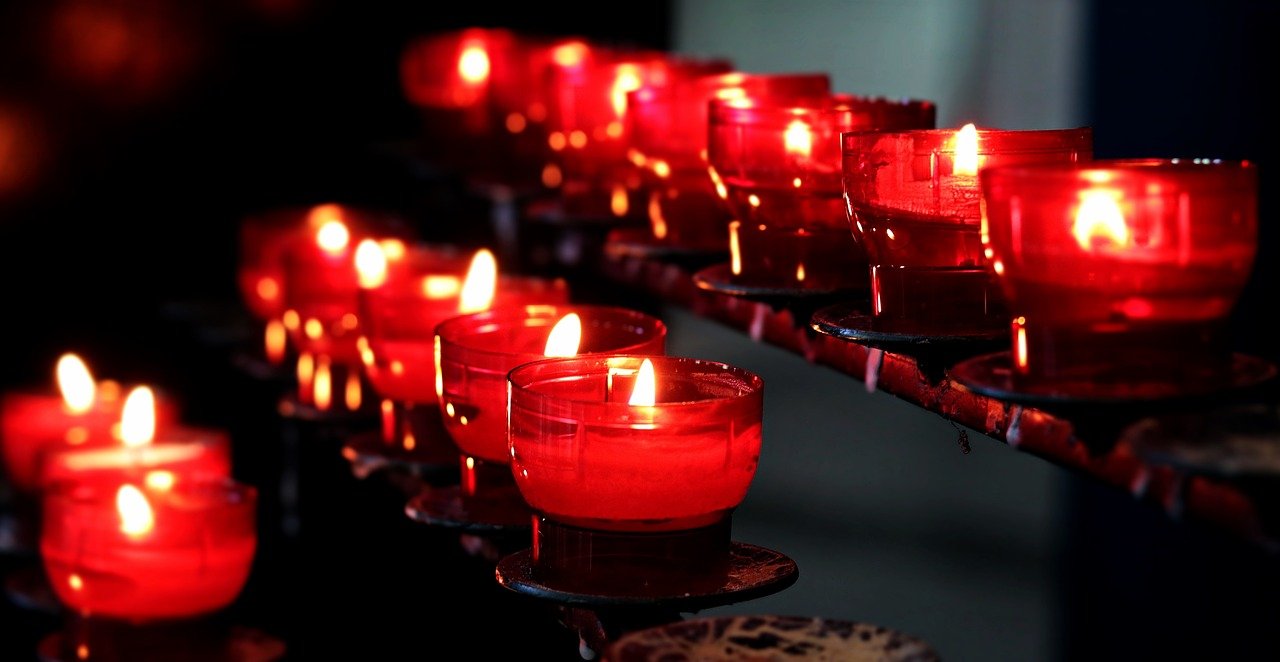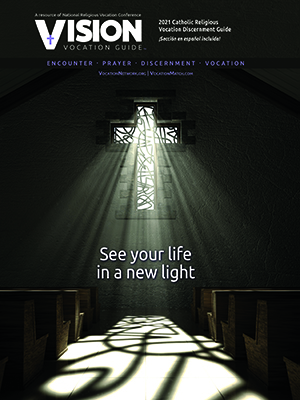|
BEFRIENDING THE GREY
We inhabit a generation from which all absolutes seem to be dissolving. Institutions, from government to church to banks, have lost credibility. Truth has become privatized and debatable. This creates anxiety in folks who would prefer a checklist of things they can be sure of. Right and wrong spelled out in no uncertain terms makes for a morally sure route through the world. That’s why Ten Commandments carved in stone are so appealing outside of courthouses. Absolutes are boundaries that promote a feeling of security—that is, if you fall on the cheerful side of their perimeters.
The grey zone of present culture might find a useful theologian in Dietrich Bonhoeffer. A German pastor and Nazi dissident, Bonhoeffer was imprisoned and later hanged for his role in a plot to assassinate Hitler. His deeply influential book The Cost of Discipleship boldly explores the responsibility Christians shoulder in a secular age. Bonhoeffer was not a black-and-white moral thinker. He wrestled aloud with his refusal to ignore competing truths.
For example, Bonhoeffer acknowledged God’s sovereignty—God being in charge of the universe—and also the need for individuals to demonstrate responsible action. He believed it possible to deeply love this world and care about its future while fastening our hopes to the next world. We don’t have to choose one side over another in the realm of faith. Creation is linked to the Creator, and together we work toward the good.
—Alice Camille,
reprinted with permission from TrueQuest Communications
|









